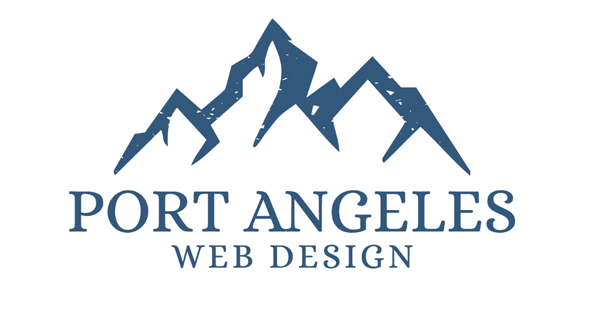Best CMS for SEO

When it comes to Search Engine Optimization (SEO), not all Customer Managed Systems (CMS) are equally effective. We specifically utilize the industry-leading CMS, DUDA, to build and host our Client's websites, ensuring optimal SEO performance.Duda takes care of a wide range of SEO optimizations automatically for our customers. With many other content management systems, these items must be done manually or managed.
How do we back this claim up? By simply highlighting these 5 pieces of functionality that are built into the DUDA CMS:
Indexability
While this might sound basic, it’s anything but. For Google to understand the content on your website, they need to be able to crawl it and understand it first. This is a core requirement for any feature Duda releases.
Duda ensures that any type of content you add to the site can be indexed by Google.
- Videos? Check.
- Lazy loaded images in a slider? Check.
- Products in the eCommerce store? Check.
Duda’s clients rely on this. We primarily do this by:
- Making sure that all primary content is server-side rendered. This means that when a crawler comes to the page, they get the full content of that page in the initial response (and content is not loaded via JavaScript).
- Using proper HTML5 standards that Google and other search engines support. With the modern web, this is not always straightforward. Many websites today use JavaScript (via frameworks like React, Vue, Svelte, etc..) to render and display content. Duda makes sure to deliver full HTML, ensuring the best chance of content being indexed.
With the release of Core Web Vitals, the website experience (and performance) has become one of the most important and difficult topics in SEO. This is important because websites that perform better on Google's Core Web Vitals metrics will be ranked higher in Google search results.
Duda invests a lot of time and effort into ensuring that websites built on Duda deliver a good experience out of the box.
We do many optimizations automatically for websites, such as:
- Image Optimization: Duda automatically resizes, compresses and converts images to the most optimal settings, sizes, and formats for each use case.
- Above-the-fold Loading: Duda ensures automatic generation of required styles to enable the fastest loading of the most important experience: the first thing someone sees on your website
- Best Practices of Hosting: Duda implements a global CDN, optimal cache settings, minification of JS and CSS files, and more out of the box. And More...
- Sitemaps: Duda automatically generates an XML Sitemap file every time the website is updated. We ensure that all pages of the website are automatically added (or removed) and are perfectly in sync with the pages on your website. The XML sitemap allows Google to know all the pages that exist on your website so they can crawl them and index them correctly. This eliminates the potential that some pages of your website might not be found through normal linking.
- Robots.txt: Duda automatically generates a robots.txt file to tell crawlers how to crawl the website. The robots file will always tell the crawler to crawl the full website and never prevents any crawling.
- Canonicalization: Automatic generation of canonical tags. This tells search engines what page is the source of truth is for this content. This always lines up with the exact URLs added into sitemaps directly.
- SSL / HTTPS: Duda automatically generates an SSL (TLS) certificate for each website. This ensures that connections to the website are secured and data transferred between the visitor and the site can’t be snooped on.
- Mobile Optimization: Out of the box, all Duda websites are mobile-friendly. Google will always use their mobile-first crawler when crawling a Duda-based website.
- Image Optimization: For any images uploaded to Duda (PNG and JPG formats), Duda will automatically resize and compress the images. We’ll also create WebP (a newer, smaller image format) versions of those images and automatically serve them to browsers that support WebP. Duda automatically sets the right size of the image based on how big the image is within the design of your website or the device the visitor is coming from.
- Crawler-Friendly Links: When creating links within Duda, we automatically create them using standard anchor href tags and don’t use JavaScript redirects or non-standard URLs for Google to follow. This allows search engines to follow the links to new pages on the site.



